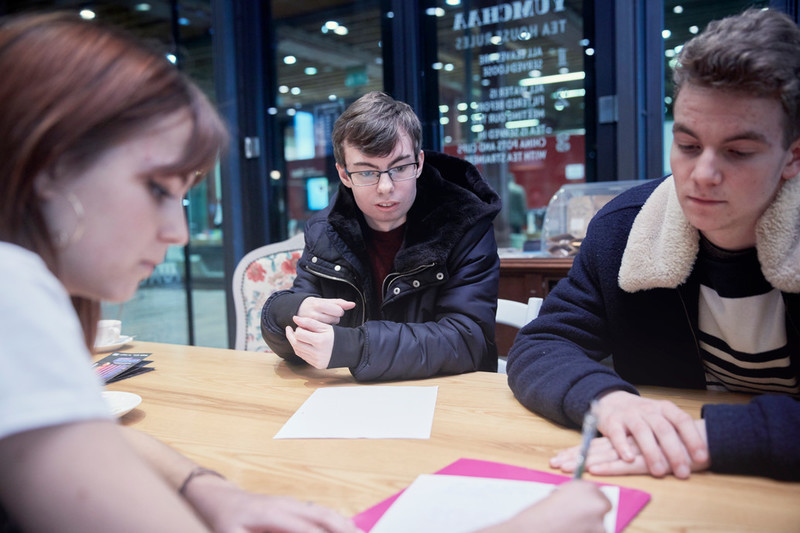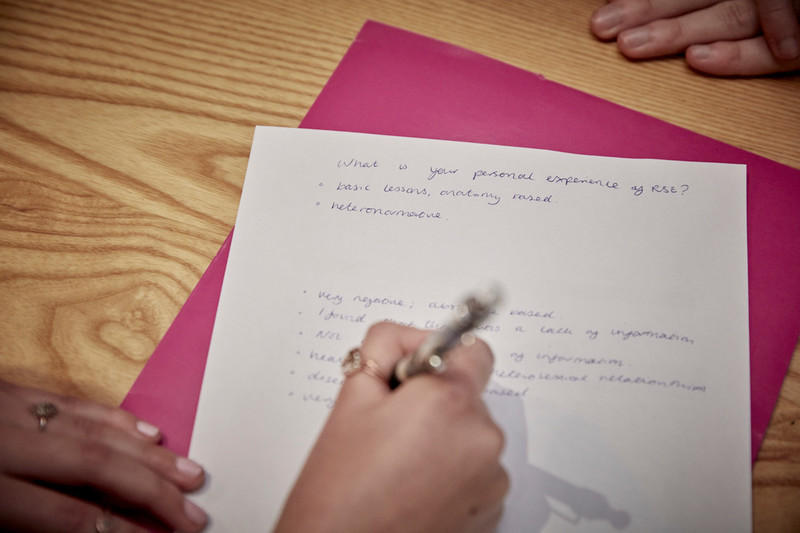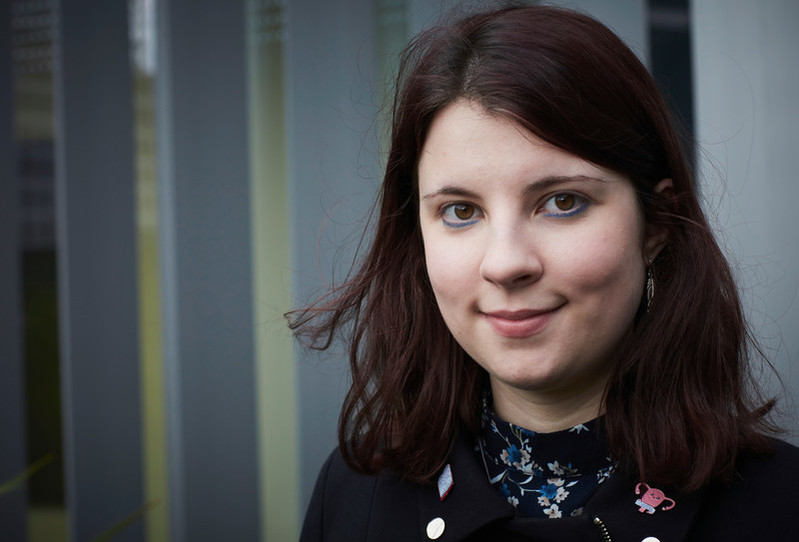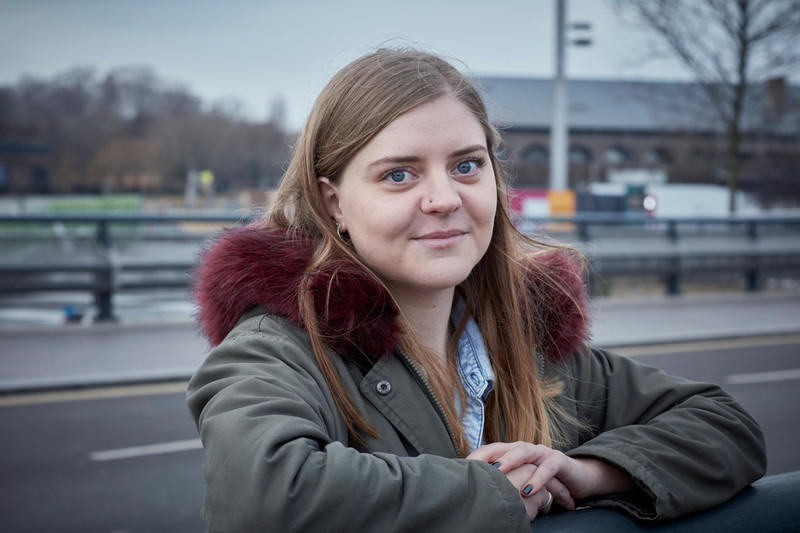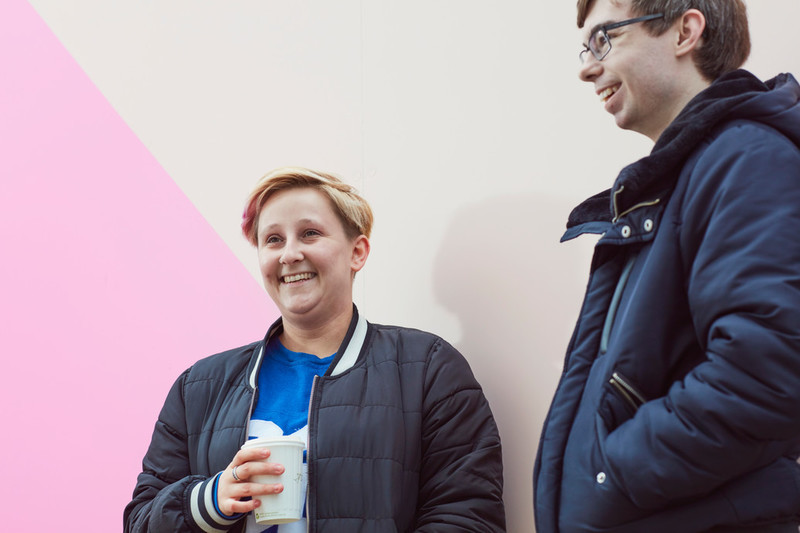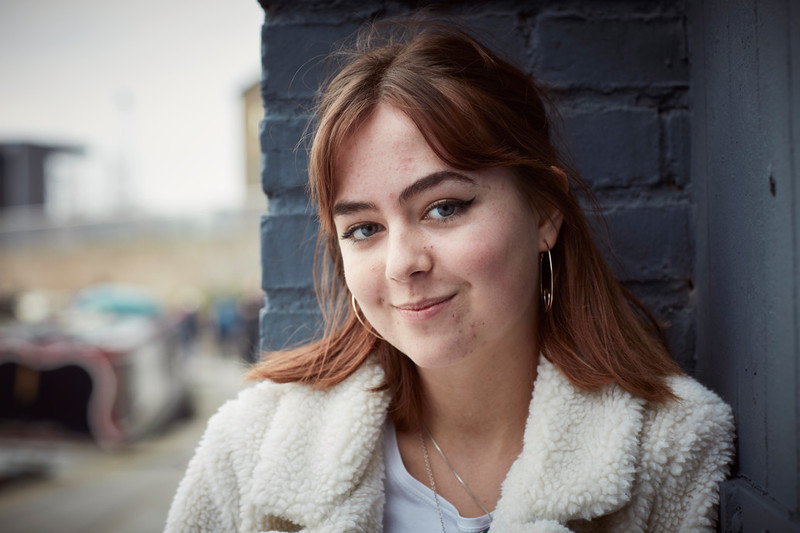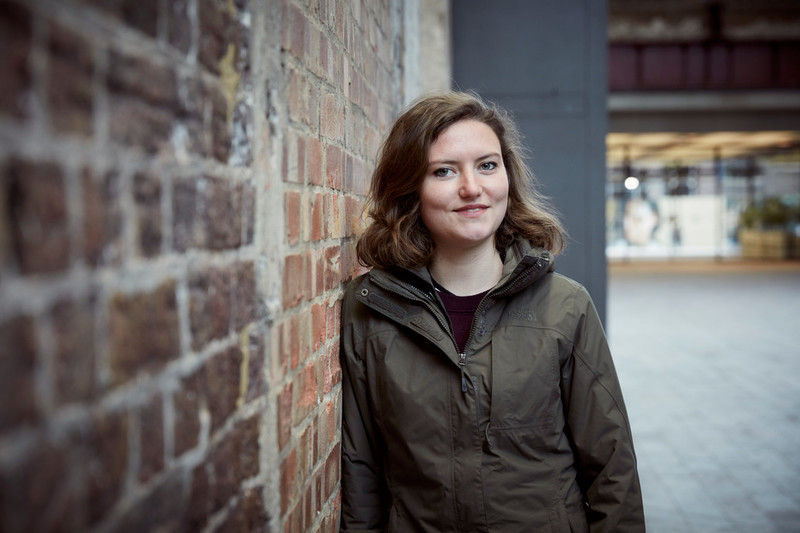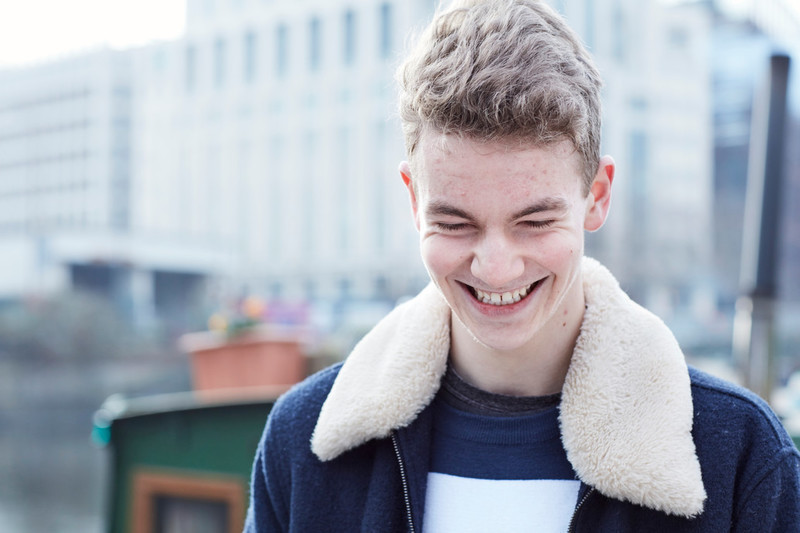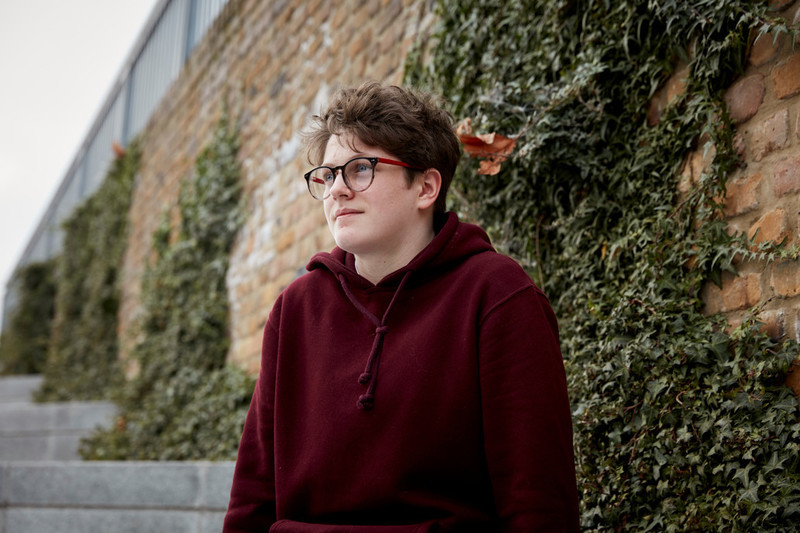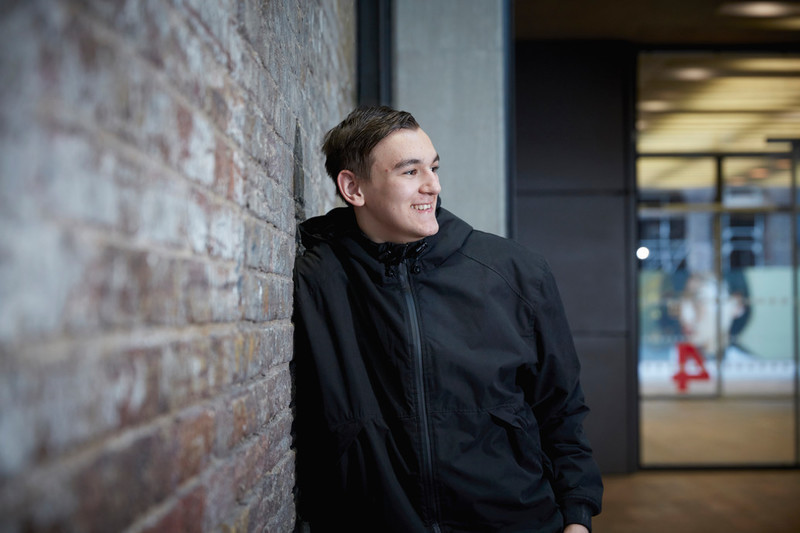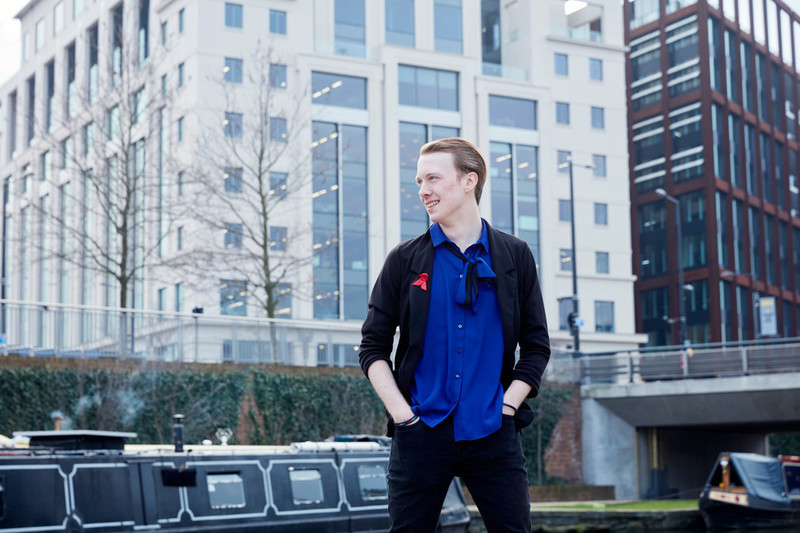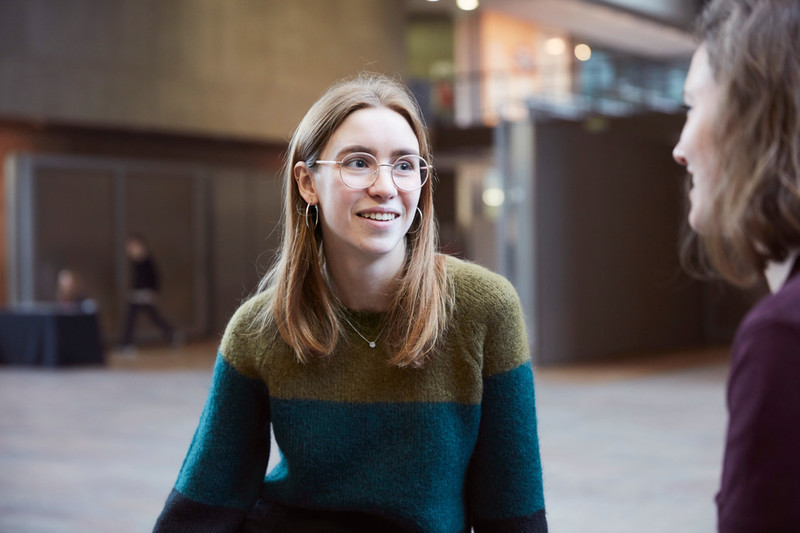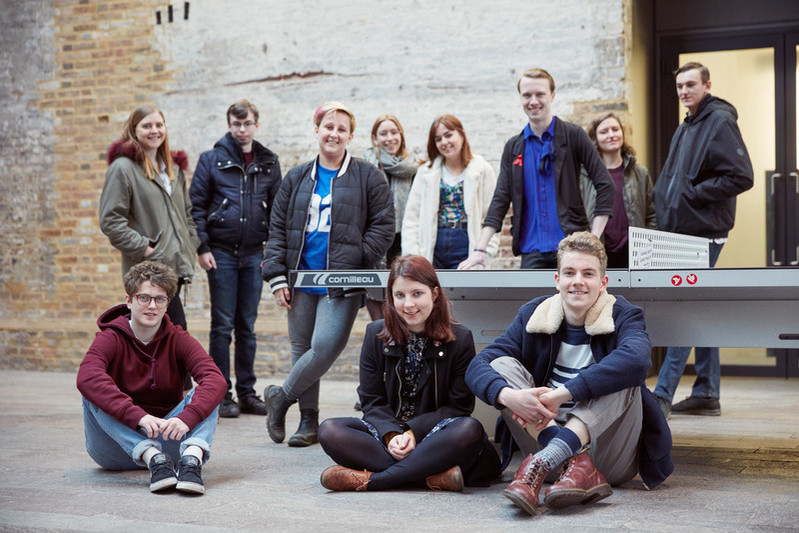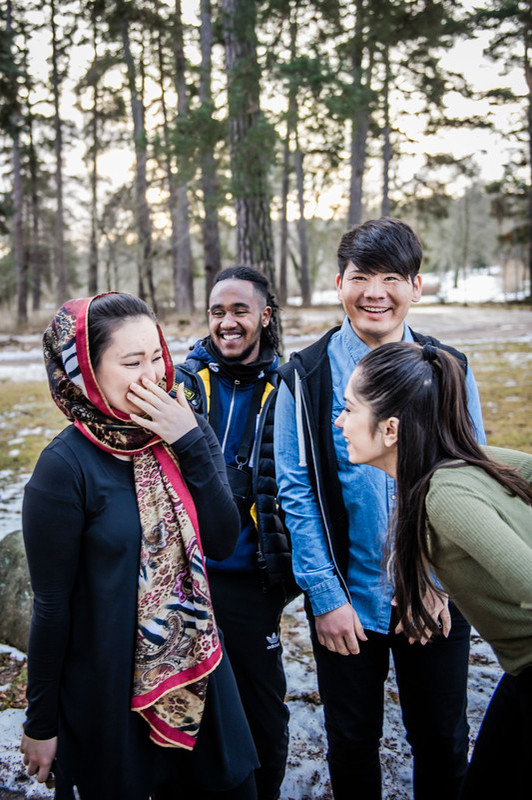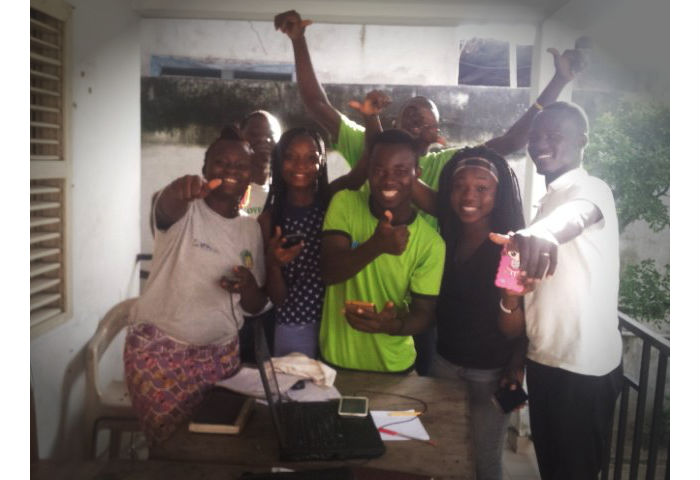The UK Government has decided that Relationships and Sex Education (RSE) will become compulsory in schools in England from 2020 and is consulting parents, experts and young people on what the new curriculum should look like.
Current guidelines haven’t changed since 2000, and fail to address such issues as cyberbullying, ‘sexting’, internet porn as well as growing awareness of LGBTQ+ identities and the topic of consent.
Sexual health charities Brook and FPA have been working with young people to find out what good RSE means for them. The result is the ‘Young people’s manifesto: what we want and need from RSE’ – an 11 point plan which outlines what is considered by young people to be the baseline for quality RSE, such as being LGBTQ+ inclusive, age-appropriate, based on facts - not opinion - and taught by trained teachers.
As part of the ongoing campaigning Brook and FPA have launched a petition to ask that the Secretary of State for Education listens to the voices of young people and includes their priorities in the new RSE curriculum.
Hannah Panes, Participation and Volunteering Coordinator at Brook, said:
“We wanted young people to be at the centre of decisions that affect them. That’s why it was so important that the young people’s manifesto was co-produced by a group of young volunteers.”
A group of young volunteers and Brook Champions - volunteers who influence and co-produce services – were asked for their opinions about RSE and their hopes for the future.
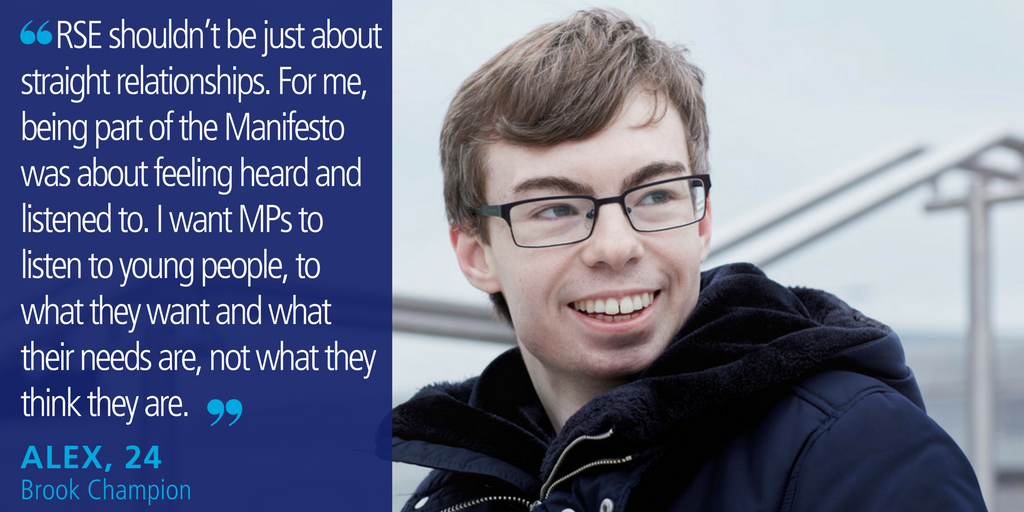
Rachel, 21, a student, has seen the consequences of this at university:
“I’ve been struck by the number of friends who knew nothing about contraception or consent. Some of my friends had been sexually assaulted at uni but didn’t report it as they didn’t think they would be believed. People just don’t understand the concept of consent. It’s not just about saying ‘no’, consent is an enthusiastic ‘yes’. It’s so important that it’s on the curriculum.”
Many felt that schools taught sex education in a negative way, as a problem to be managed, rather than a natural part of life. They were disappointed with the way it was delivered, as an afterthought and often pressed on unwilling, embarrassed teachers.
Alicia, 22, thinks social media could have a beneficial role to play in sex and relationships education:
“Young people learn so much online now and RSE needs to stay on top of it. I think Youtubers and Instagram campaigns like the ones for positive periods such as Good Blood, Pink Protest can be more influential. “
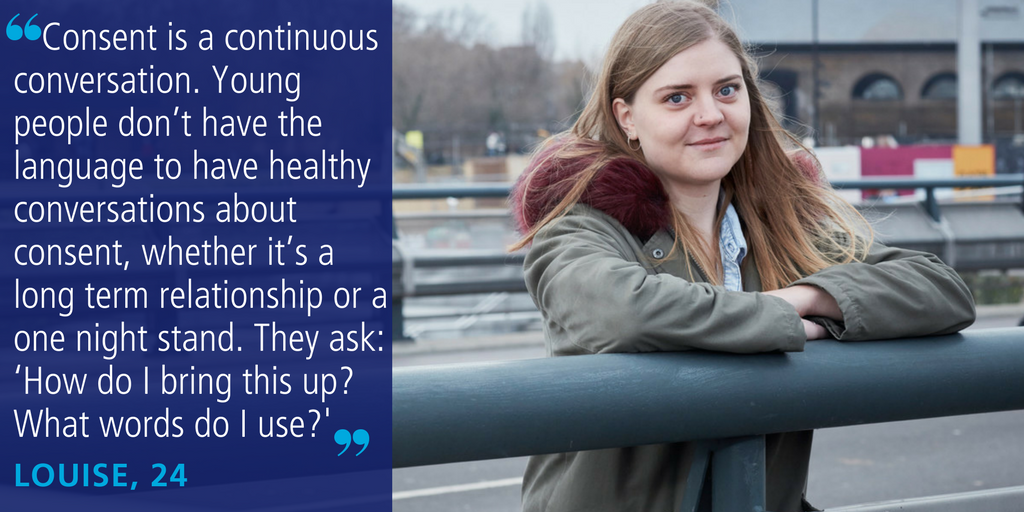
There was concern, too, that schools don’t reflect the student populations they serve. Far too many LGBTQ+ youth are sitting in classrooms where their teachers fail to address their identities and experiences. Student Gareth, 20, who grew up in Northern Ireland, and identifies as bisexual and polyamorous, describes the sex education they received as ‘horrendous’.
Young trans people in the group felt that their sex education, as it stands, ignores their needs. This is particularly concerning in the light of a study by campaigning charity Stonewall which found among trans pupils nearly one in 10 have received death threats at school, while 84% say they have self-harmed and 45% have tried to take their own lives.
Jade, 16:
“I feel that the RSE I had focused too much on scare stories, STIs, risks and a lack of trust. There was no discussion about the experiences of young trans people. There are only two clinics in the country which treat under 18 trans people, and first they have to find a sympathetic GP to be referred. Some friends are having to wait four years for treatment to begin.”
While RSE will be compulsory, schools will have some flexibility in how they teach it, including being sensitive to religious beliefs. It is expected that parents will still have the right to withdraw their children from lessons.
How does RSE in the UK compare with other countries?
Young people referred to Holland -where sex education and information about sexual diversity are compulsory in all secondary and primary schools – as a leader in the field. Holland has one of the lowest teenage pregnancy rates in the world. Studies have shown that well-designed and well-taught sex education can support positive sexual health outcomes, such as reducing teenage pregnancy and sexually transmitted infection rates.
There's a lot at stake, but after years of campaigning young people are helping to shape Relationships and Sex Education.
Recently updated International Technical Guidance on Sexuality Education launched by UNESCO and supported by IPPF and a number of other UN agencies, shows strong evidence for the international importance of Relationship and Sex Education.
when
country
United Kingdom
Blog Series
Youth voices
Subject
Comprehensive Sex Education
Related Member Association








